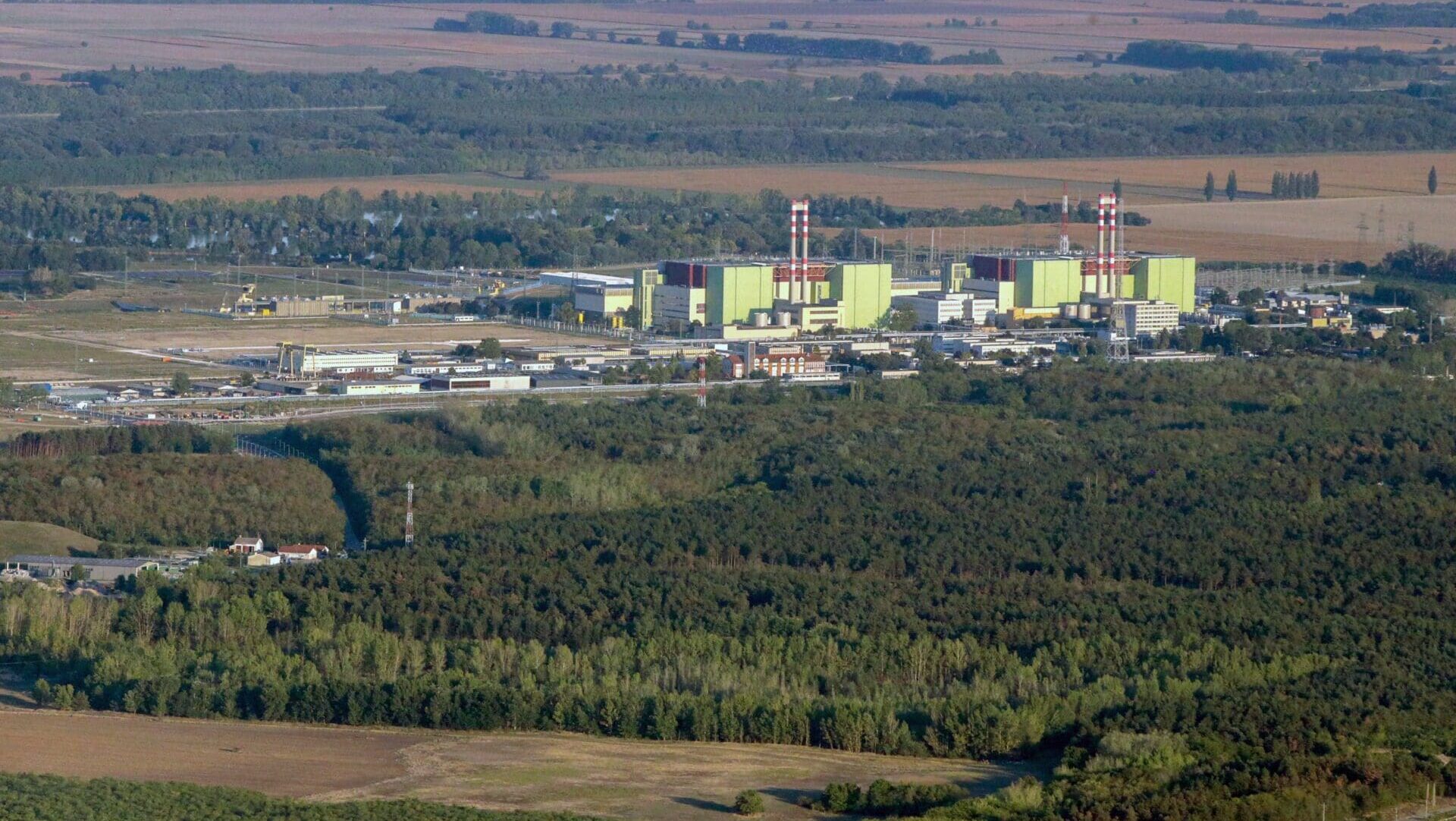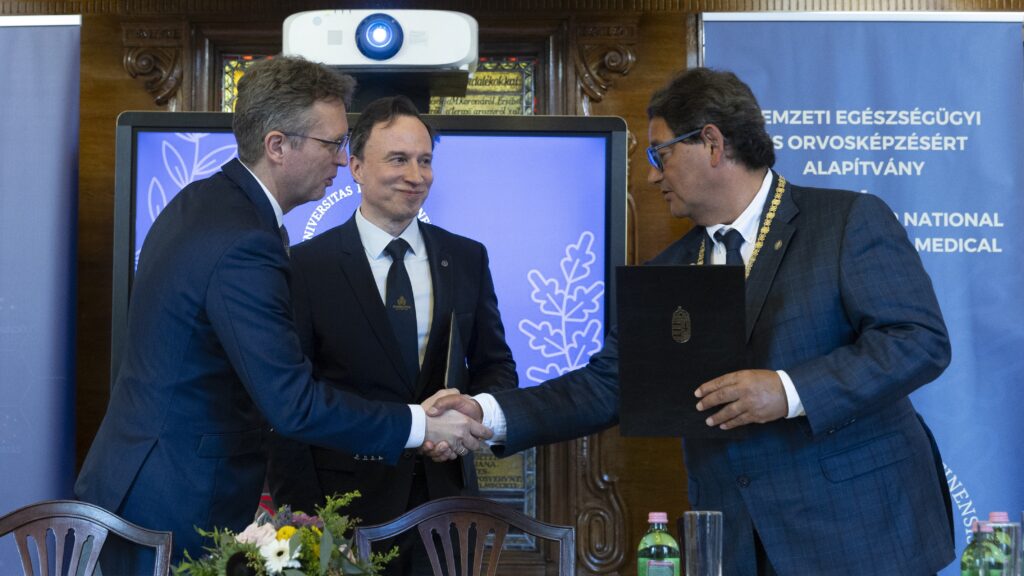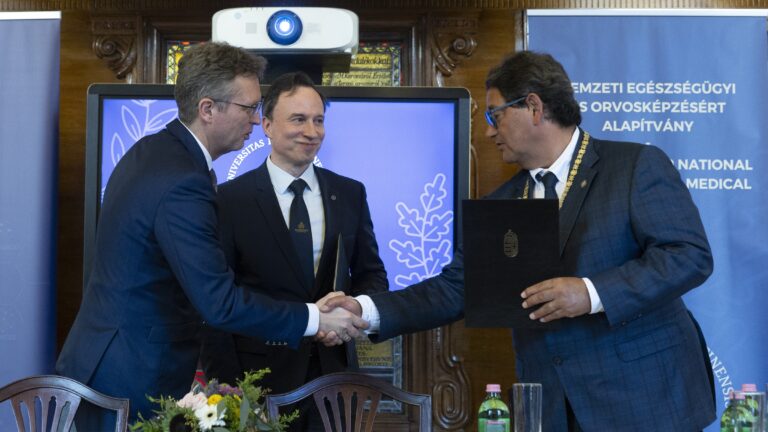Hungary cannot meet its long-term energy needs without nuclear power, former President János Áder said in the latest episode of his podcast Blue Planet. Speaking with Attila Aszódi, energy engineer and Dean of the Faculty of Natural Sciences at the Budapest University of Technology and Economics, Áder emphasized that rising demand and the need for continuous electricity generation require the country to maintain and expand its nuclear capacity.
Aszódi highlighted that Hungary’s nuclear plants currently produce around 16 billion kilowatt-hours annually, about 36 per cent of the nation’s total electricity consumption. The energy mix is further supplied by the Mátra Power Plant (6 per cent), natural gas turbines (14 per cent), and solar power, which contributes 14–15 per cent but operates at a much lower annual efficiency of 16–17 per cent. The rest of Hungary’s electricity needs are met through imports.
Elfújja-e a szél(energia) az atomenergiát?
2000 óra van minden évben, amikor sem szél-, sem napenergiával nem lehet számolni. Ez az év mintegy negyede – mondja a Budapesti Műszaki és Gazdaságtudományi Egyetem Természettudományi Karának dékánja. Aszódi Attila szerint ezért kell az energiamix, amelynek része zsinóráram termelő erőmű. Emellett a tároló kapacitás növelése is szükséges.
Áder pointed out that even with massive solar investment, renewables alone cannot guarantee the stability nuclear energy provides. ‘There are voices calling for the closure of nuclear plants, claiming that solar and wind alone would be sufficient. That has no basis in reality,’ he said.
Aszódi warned of the so-called ‘dark calm’: periods when neither sun nor wind produce energy occurring around 2,000 hours each year in Hungary. He stressed that maintaining a continuous balance between production and consumption requires base-load producers like nuclear power.
Áder also noted that if surplus solar energy could be efficiently stored, Hungary would not need to rely as heavily on costly night-time imports. Both he and Aszódi agreed that the planned Paks II nuclear plant is crucial for securing the country’s energy future. However, Aszódi predicted that instead of the previously announced timeline, Paks II will likely not begin operations before 2033.
Related articles:







